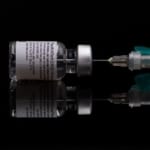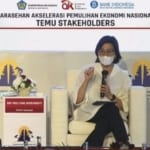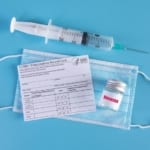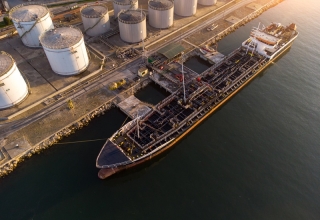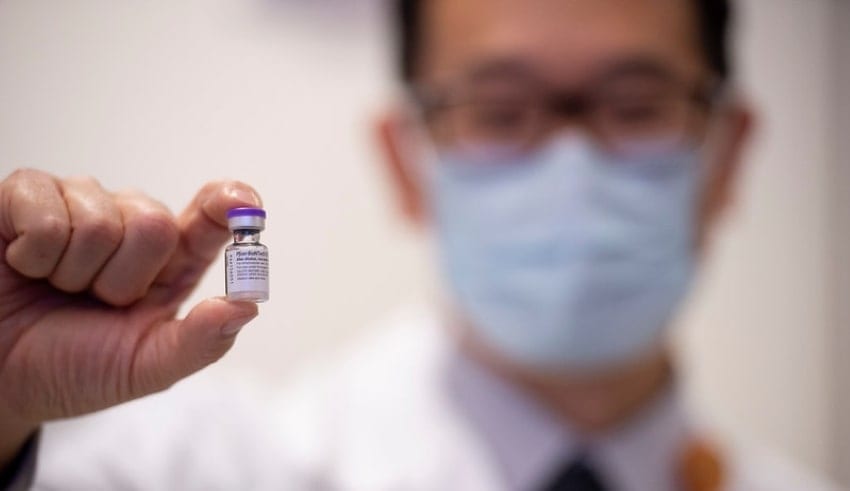
Speeding up inoculation and lessening the quantity of COVID-19 cases are keys to introduce worldwide monetary recuperation, as indicated by Bank Indonesia (BI), Indonesia’s national bank.
For them, This is the key answer why worldwide financial recuperation presently is on an expanding pattern. The top of the Macro Economy Group of Macro Economy Policy Department at BI Riza Tyas Utama expressed it.
Related Posts
Utama noticed that worldwide financial recuperation was obvious from the assembling Purchasing Managers Index (PMI) that had shown an expanding pattern over 50, with the US Services PMI perusing at 50 and India at 52.8.
He noticed that the recuperation was additionally obvious from the expanding Consumer Confidence Index in the previous few months.
Nonetheless, monetary recuperation of all countries presently couldn’t seem to be at a similar speed, as certain nations, like the United States, China, and India, have shown brisk financial recuperation, while some others are definitely not.
The execution of inoculation is one principle factor for this dissimilarity in recuperation between created countries and the developing business sectors.
Nations that could accomplish quick monetary recuperation were those upheld by the speed increase of COVID-19 inoculation, regarding the stock, execution, and accessibility of medical care gear just as other supporting perspectives.
Utama accepts that the speed increase of inoculation and reaction to the COVID-19 pandemic in Indonesia is moderately better and quicker when contrasted with Malaysia, Thailand, and the Philippines.
Indonesia has carried out a few measures to invigorate financial recuperation, both on the interest and supply side. The speed of monetary action, in any case, has not met assumptions. In fact, the start of endeavors to invigorate and test different measures embraced by the public authority to animate financial recuperation. Along with this, the public authority has excluded current worth added expense and extravagance charge (PPnBM) for 21 sorts of new vehicles.
The national bank – Bank Indonesia (BI) – has additionally loosened up the credit to esteem (LTV) proportion for engine vehicles and lodging advances for the time frame from March to December, 2021. Consequently, To empower home buys, the Ministry of Finance has cut worth added charge (VAT) by 50-100% for homes with an estimation of up to Rp5 billion and bought until August 31, 2021.
Considering some recuperation endeavors directed somewhat recently, the auto business, which is remembered for the assembling sub-area, has in reality gotten one of the areas driving financial movement. That’s why the assembling area contributes 19.8 percent to Indonesia’s total national output (GDP), and furthermore represents an enormous number of occupations.

